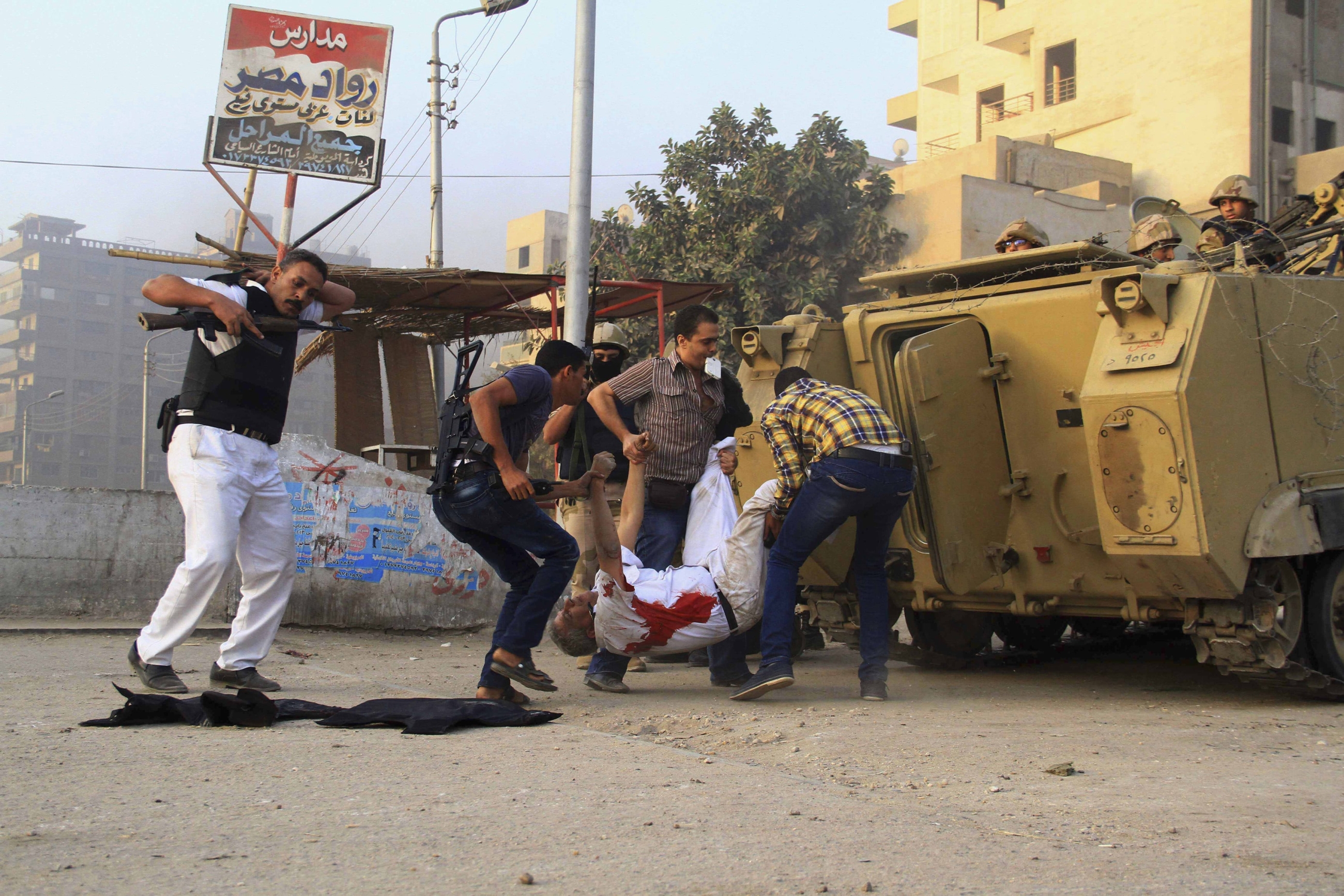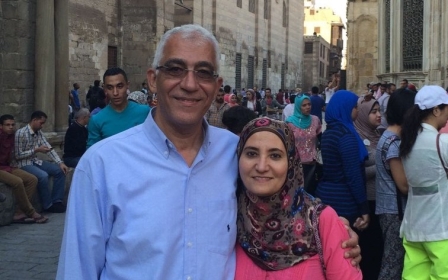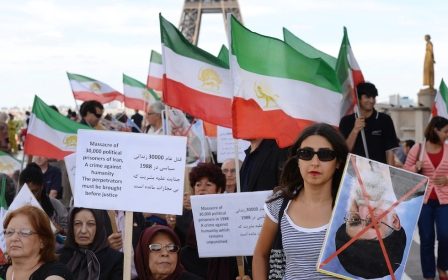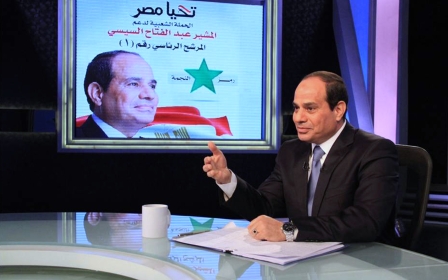Egypt executes three prisoners after ‘unfair trial’

Three Egyptian prisoners were executed on Wednesday morning after a court confirmed their death penalty on charges of killing a police officer, according to two human rights activists who spoke to Middle East Eye.
Major General Nabil Farag, a senior ministry of interior official, was shot dead by gunmen during a security force raid on the town of Kerdasa in September 2013 after deadly clashes erupted in the aftermath of the ousting of President Mohamed Morsi.
The raid on the town, known for its support for Morsi, came after the army and police violently dispersed the Rabaa and Nahda protests that August, leading to the death of at least 1,000 Morsi supporters in one day.
The executions on Wednesday bring the total number of executed Egyptian political prisoners since 2013 to 38, according to Ahmed Mefreh, director of the Geneva-based Committee for Justice rights group.
Mefreh condemned the trial as “unjust” and “devoid of due process”.
He said the three defendants were subjected to torture and enforced disappearance prior to confessing that they took part in the murder.
“The court relied on forced confessions and the testimony of security officers as the only evidence in the case,” Mefreh told MEE.
On 20 January, the Court of Cassation, Egypt’s highest appeals court, confirmed a death penalty against the three defendants - Mohamed Said Farag, Mohamed Abelsamee Hemeida, and Salah Fathy Al-Nahas - after the Mufti ratified sentences initially issued in September 2016.
Last week, three political prisoners were also executed after an appeals court confirmed their death penalty on charges of killing the son of a judge in 2014. Human Rights Watch accused Egyptian authorities of committing “a glaring injustice” by executing the three men after confessions that were said to be extracted through torture.
Egyptian civil and military courts have sentenced more than 1,400 people to death since general Abdel Fattah el-Sisi, who led the coup, became president in 2014.
The sentences, according to Amnesty International, followed “grossly unfair trials” that relied on confessions extracted under torture. Many of those sentenced to death have been either members of the Muslim Brotherhood or critics of the Sisi government.
Middle East Eye propose une couverture et une analyse indépendantes et incomparables du Moyen-Orient, de l’Afrique du Nord et d’autres régions du monde. Pour en savoir plus sur la reprise de ce contenu et les frais qui s’appliquent, veuillez remplir ce formulaire [en anglais]. Pour en savoir plus sur MEE, cliquez ici [en anglais].




